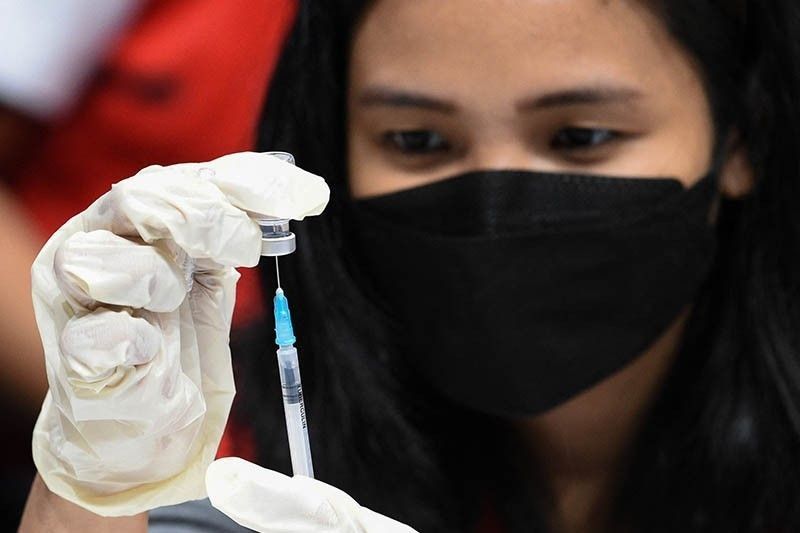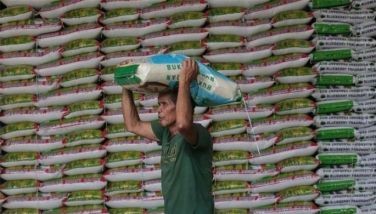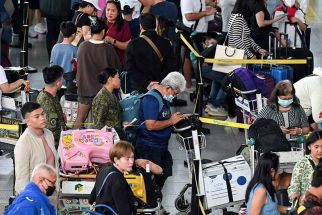What’s next for vaccination program after state of calamity over COVID-19 lapsed

MANILA, Philippines — On December 31, 2022, the state of calamity over COVID-19 in the country expired after President Ferdinand "Bongbong" Marcos Jr. did not extend the declaration.
The chief executive expressed reluctance to extend the state of calamity that he declared in September because, according to him, the country was “not in a state of calamity anymore, technically speaking.”
The declaration of state of calamity allows the continued implementation of measures to combat the ongoing pandemic.
The Department of Health, which sought the extension of the state of calamity, earlier said that failure to prolong the declaration may hamper its efforts to inoculate more people against COVID-19.
But in a briefing Friday, DOH officer-in-charge Maria Rosario Vergeire said the country’s existing vaccine supply can still be used.
The Philippines currently has 17.48 million COVID-19 vaccines that are kept inside the agency’s warehouses. Of those, around six million are “quarantined” as the DOH awaits the evidence and the application of manufacturers for the extension of their shelf life.
Vergeire also said the emergency use authorizations of vaccines are still valid even after the president did not approve the extension of the state of calamity.
“So that’s what we are using now as a basis for us to have continuity in this COVID-19 vaccination program,” she said.
The Philippines can also do “negotiated procurement,” the health official added. Under the Government Procurement Reform Act, negotiated procurement shall be allowed in several instances including:
“In case of imminent danger to life or property during a state of calamity, or when time is of the essence arising from natural or man-made calamities or other causes where immediate action is necessary to prevent damage to or loss of life or property, or to restore vital public services, infrastructure facilities and other public utilities.”
More than 73.78 million people have been fully vaccinated against COVID-19 since the immunization program began nearly two years ago. However, only 21.17 million individuals have gotten boosters.
- Latest
- Trending






























